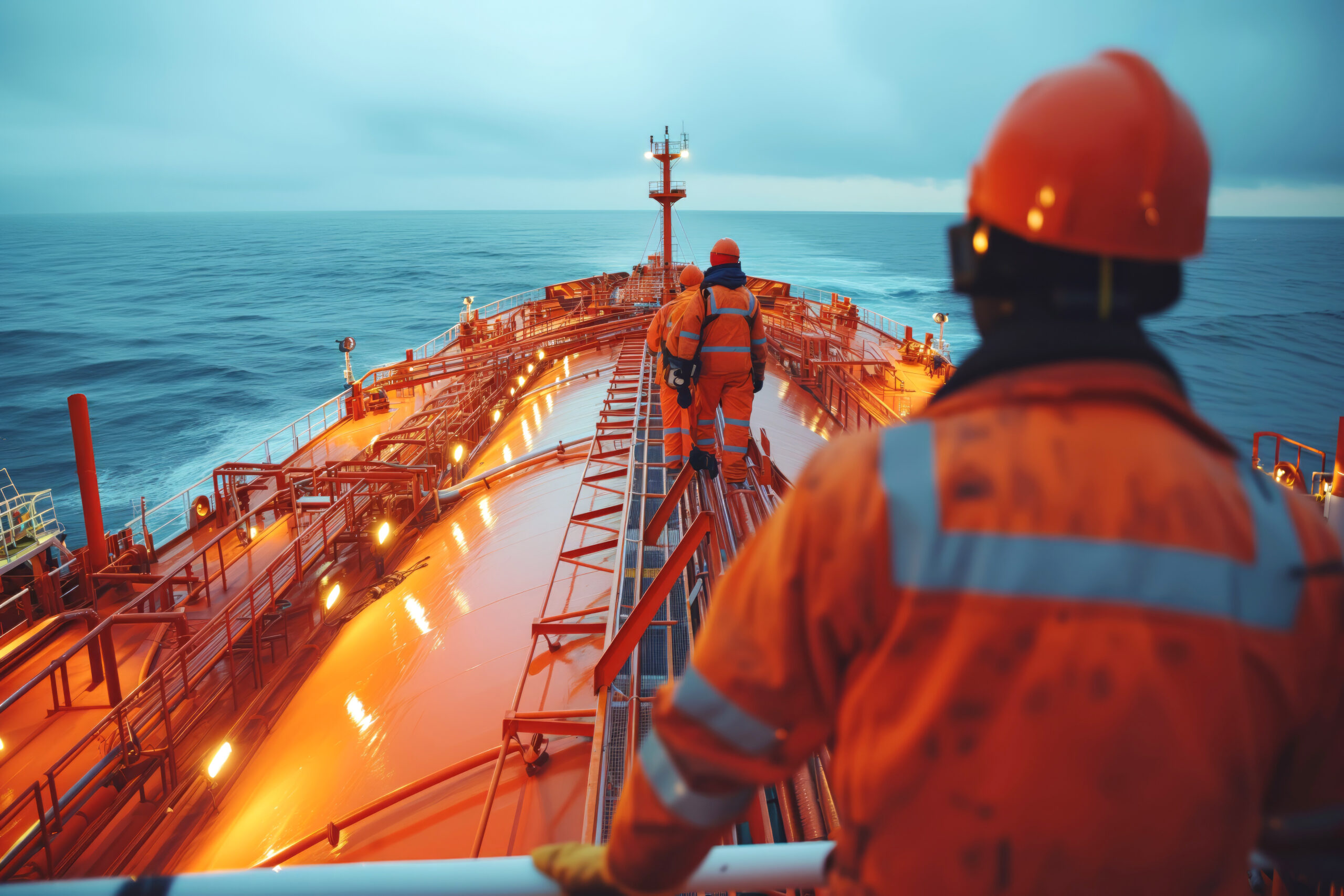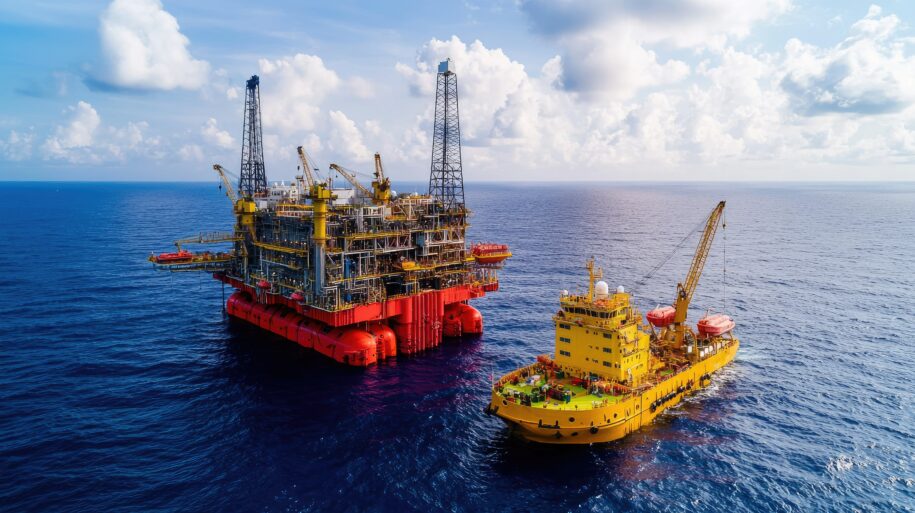Decoding the SIRE 2.0 Question Library: A Path to Enhanced LPG Tanker Safety
The maritime industry is undergoing a transformative shift with the implementation of the SIRE 2.0 Question Library, a groundbreaking approach to improving safety, operational efficiency, and regulatory compliance. Designed by the Oil Companies International Marine Forum (OCIMF), this comprehensive question library plays a pivotal role in assessing the safety and operational standards of LPG tankers. By leveraging modern vetting methodologies, SIRE 2.0 simplifies the inspection process, empowering ship operators to meet and exceed industry expectations.

Understanding the SIRE 2.0 Framework
The Ship Inspection Report Programme (SIRE) has long been a cornerstone of tanker vetting. The updated SIRE 2.0 Question Library introduces a more dynamic and data-driven framework, moving beyond traditional checklist-based inspections. It emphasizes:
- Risk-Based Assessments: Tailored questions based on vessel type, age, cargo, and trading patterns.
- Comprehensive Coverage: A wider range of topics, from structural integrity to environmental compliance.
- Transparency: Greater visibility into inspection criteria, allowing operators to align with industry standards proactively.
For LPG tankers, this evolution ensures that inspections address the unique challenges posed by liquefied gas transportation, enhancing overall safety and operational readiness.
Key Features of the SIRE 2.0 Question Library
- Expanded Question Sets
The SIRE 2.0 Question Library includes an extensive database of questions covering various safety, operational, and regulatory aspects. These questions are meticulously designed to:- Evaluate vessel condition and maintenance standards.
- Assess crew competency in handling LPG cargo.
- Verify compliance with international regulations like SOLAS, MARPOL, and the IGC Code.
- This granular approach ensures a thorough vetting process, minimizing risks associated with LPG transportation.
- Customization Based on Risk Profiles
Unlike its predecessor, SIRE 2.0 adopts a risk-based approach, tailoring questions to the specific characteristics of each vessel. For LPG tankers, this means inspections focus on critical areas such as:- Cargo containment and transfer systems.
- Emergency response preparedness.
- Environmental management protocols.
- This targeted strategy enhances the relevance and effectiveness of inspections.
- Integration with Advanced Technologies
Modern vetting software integrates seamlessly with the SIRE 2.0 Question Library, streamlining the preparation and inspection process. Features like automated compliance checks, real-time data sharing, and digital documentation simplify the complex task of navigating the question library.
Ship operators can use these tools to identify gaps, prioritize corrective actions, and ensure readiness for inspections. - Focus on Crew Performance
The human element remains a critical factor in maritime safety. SIRE 2.0 places significant emphasis on crew competency, with questions evaluating:- Training and certification levels.
- Familiarity with vessel-specific procedures.
- Ability to manage emergencies effectively.
- This ensures that crew members are not only compliant but also well-prepared to handle the complexities of LPG operations.
Benefits of Adopting the SIRE 2.0 Question Library
Adopting the SIRE 2.0 Question Library offers numerous advantages for LPG tanker operators:
- Enhanced Safety Standards: Comprehensive and targeted inspections reduce the likelihood of accidents and operational failures.
- Regulatory Compliance: Alignment with international standards like the IGC Code ensures adherence to global best practices.
- Operational Efficiency: Proactive identification and resolution of issues minimize downtime and improve vessel performance.
- Reputation Building: Demonstrating a commitment to safety and compliance strengthens relationships with charterers and stakeholders.
Challenges and Solutions
While the SIRE 2.0 Question Library brings significant improvements, it also introduces new challenges:
- Complexity of Implementation
The expanded scope and dynamic nature of the library can be overwhelming for some operators. Investing in training and user-friendly vetting software can ease this transition. - Resource Allocation
Preparing for SIRE 2.0 inspections requires time and resources. Prioritizing high-risk areas and leveraging digital tools can optimize resource allocation. - Maintaining Consistency Across Fleets
Ensuring consistent adherence to the library’s standards across a fleet requires robust internal auditing and monitoring mechanisms. Implementing centralized compliance systems can help achieve this.
The Future of LPG Tanker Safety with SIRE 2.0
The SIRE 2.0 Question Library represents a significant leap forward in maritime safety and operational efficiency. By providing a more detailed and data-driven approach to inspections, it empowers LPG tanker operators to uphold the highest standards of safety and compliance.
Looking ahead, continuous advancements in technology, such as artificial intelligence and predictive analytics, are expected to further enhance the vetting process. Operators who proactively embrace these innovations will not only meet current standards but also position themselves as industry leaders.
In conclusion, the SIRE 2.0 Question Library is more than just a tool for inspections; it is a catalyst for elevating safety and performance in the maritime sector. By adopting its principles and leveraging modern vetting solutions, the industry can ensure a safer, more sustainable future for LPG transportation.
